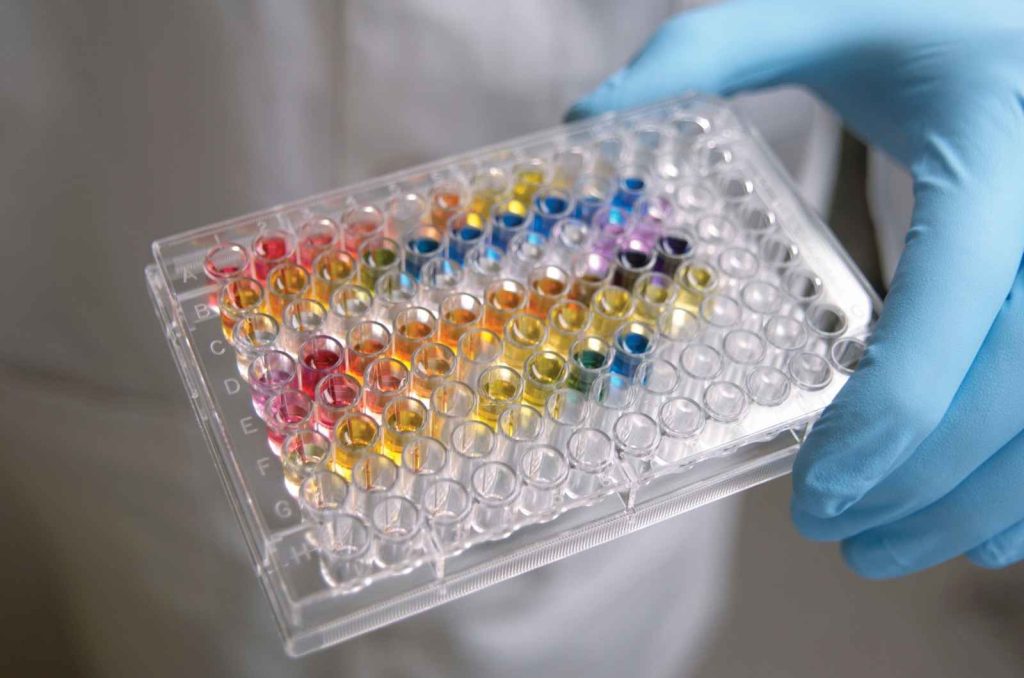
Liver toxicity testing is an essential step in the development of new drugs. It ensures that pharmaceuticals do not harm the liver, a vital organ responsible for many critical functions in the body. By identifying potential liver toxicity early, researchers can prevent unsafe drugs from reaching the market. This not only protects patients but also saves time and resources in the drug development process. In this article, you will learn how liver toxicity testing improves drug safety and the unique advantages offered by Da-Ta Biotech's testing protocols.
How can liver toxicity testing improve drug development and safety
Liver toxicity testing plays a crucial role in the drug development process. Its primary purpose is to identify any potential toxic effects a drug might have on the liver before it reaches patients. This testing is essential because the liver is a vital organ responsible for metabolizing drugs and detoxifying chemicals. Damage to the liver can lead to severe health issues, making it imperative to ensure that new pharmaceuticals do not harm this organ.
One of the main ways liver toxicity testing improves drug development is by providing early detection of hepatotoxicity. By screening drug candidates for liver toxicity early in the development process, researchers can identify and eliminate potentially harmful compounds before they progress to later stages. This early detection helps prevent costly late-stage failures and ensures that only the safest drugs advance to clinical trials.
Moreover, liver toxicity testing enhances patient safety. By ensuring that drugs do not cause liver damage, the risk of adverse effects in patients is significantly reduced. This is particularly important for drugs intended for long-term use, where cumulative liver damage could lead to serious health problems. By thoroughly testing for liver toxicity, pharmaceutical companies can develop safer drugs that are less likely to cause harm to patients.
Additionally, liver toxicity testing contributes to regulatory compliance. Regulatory agencies, such as the FDA, require comprehensive safety data before approving new drugs. Effective liver toxicity testing protocols help meet these requirements, facilitating the approval process. This compliance not only speeds up the time it takes for a drug to reach the market but also ensures that it meets the highest safety standards.
In summary, liver toxicity testing is vital for improving drug development and safety. It allows for early detection of harmful compounds, enhances patient safety by reducing the risk of liver damage, and ensures regulatory compliance. By integrating thorough liver toxicity testing into the drug development process, pharmaceutical companies can develop safer, more effective drugs that are less likely to cause adverse effects in patients.
What are the main advantages of using Da-Ta Biotech's liver toxicity testing protocols?
Da-Ta Biotech's liver toxicity testing protocols offer several key advantages that enhance the drug development process. Firstly, their high-throughput screening capabilities allow for the rapid analysis of numerous compounds simultaneously. This efficiency not only speeds up the testing phase but also reduces costs by identifying potentially toxic compounds early.
Secondly, Da-Ta Biotech integrates cutting-edge technologies into their protocols. Techniques such as advanced imaging and molecular analysis provide detailed insights into how drugs interact with liver cells. This level of precision helps in predicting adverse effects more accurately, ensuring that only the safest compounds move forward in development.
Another significant benefit is their comprehensive data analysis. Da-Ta Biotech employs robust analytical methods to interpret complex data sets, offering a clear understanding of a compound's toxicity profile. This thorough analysis aids researchers in making informed decisions, ultimately enhancing the safety and efficacy of new drugs.
In summary, Da-Ta Biotech's liver toxicity testing protocols streamline the drug development process through high-throughput screening, advanced technologies, and detailed data analysis. These advantages contribute to the creation of safer pharmaceuticals, protecting patients and optimizing research resources.
Liver toxicity testing is essential for ensuring the safety of new drugs. By identifying harmful effects on the liver early, the testing helps prevent unsafe drugs from reaching the market. Da-Ta Biotech's advanced protocols offer several advantages, including high-throughput screening and comprehensive data analysis, which enhance the precision and reliability of toxicity data. These benefits contribute to faster and safer drug development. In summary, liver toxicity testing plays a crucial role in protecting patients and improving drug development processes.
click here for more info: hepatotoxicity assays
